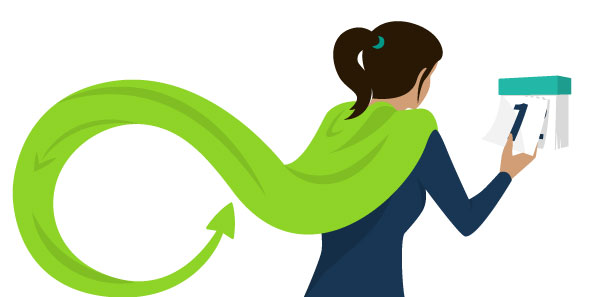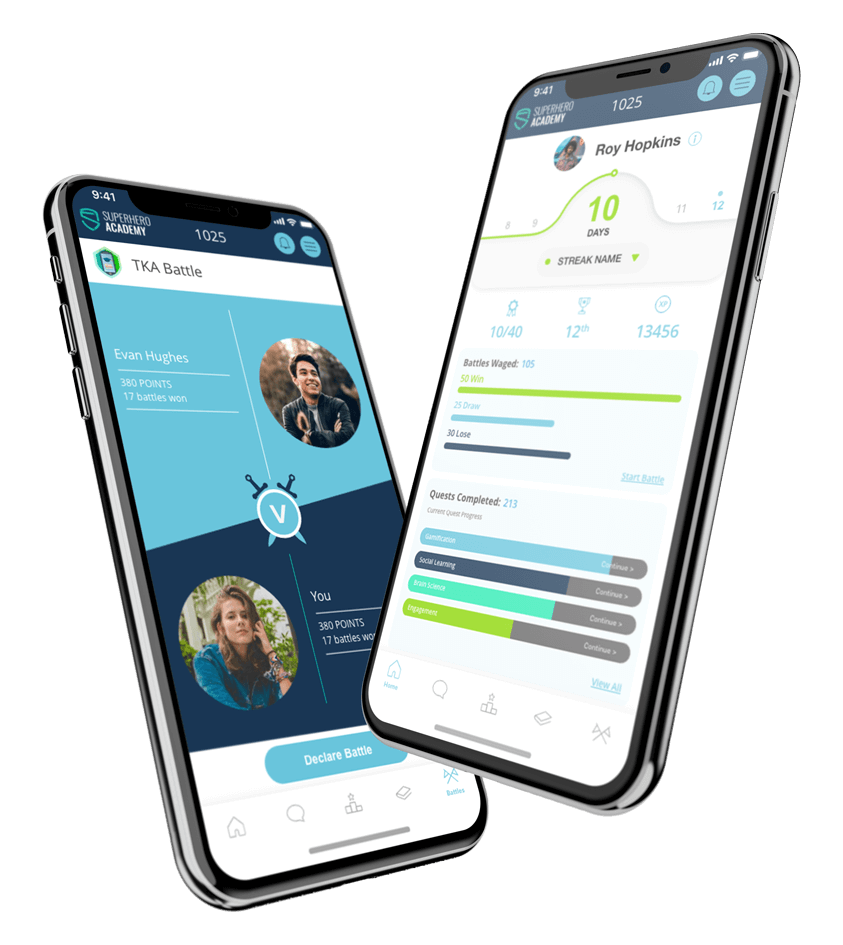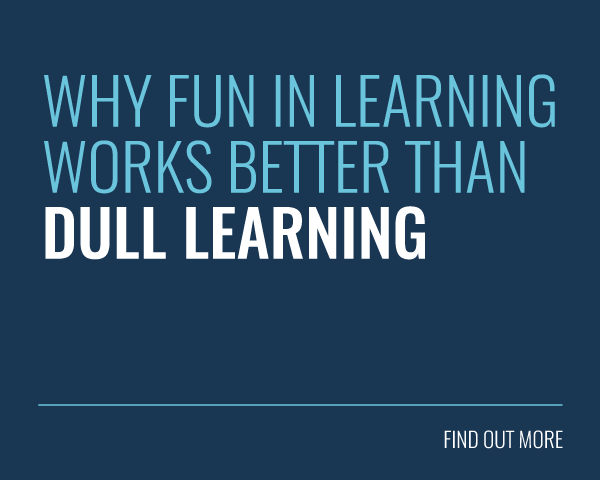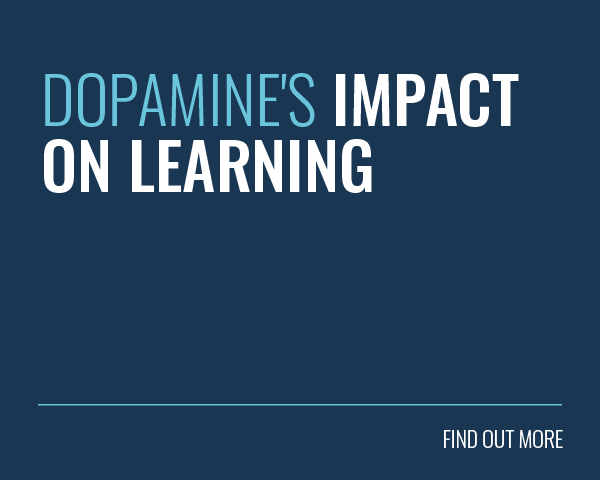 Every new year, we’re both motivated and weighed-down by a host of remarkable resolutions. Be it healthy eating, hitting the gym, or finally learning to play the drums like Dave Grohl. More often than not, we fail to form a lasting relationship with our chosen resolutions. Research suggests that 80% of new year resolutions have failed by February.
Every new year, we’re both motivated and weighed-down by a host of remarkable resolutions. Be it healthy eating, hitting the gym, or finally learning to play the drums like Dave Grohl. More often than not, we fail to form a lasting relationship with our chosen resolutions. Research suggests that 80% of new year resolutions have failed by February.
The only way to successfully crack a resolution is via the magic of habit formation. Here at the Growth Engineering HQ, we firmly believe that you can introduce a lifelong habit within 66 days.
Join us as we leap into the lofty world of habit formation…
What is Habit Formation?
A habit formation is a pattern of behaviour that is replicated frequently. When this is set in a structure, it then becomes a habit formation. In other words, as soon as the habit becomes a part of your subconscious routine.
What’s the Science Behind Habit Formation?

The brain is constantly looking for ways to save effort, and habits are formed to help do so.
Once a habit is created, the brain stops working so hard. Almost as if it’s on autopilot. For example, if you get into the habit of doing 50 press-ups as soon as you wake up, after a while you’ll just naturally begin doing so when you roll out of bed. (Even the thought sounds exhausting!).
Neural Pathways
A neural pathway enables a signal to be sent from one region of the nervous system to another.
As you spend more time practising your new skill, the neural pathways will grow in strength. This is why the first time you try something it’s challenging, but over time it becomes like second nature. Your brain is creating more and more neural pathways to help you improve. As they say: practice makes perfect!
How Long Does it take to Form a Habit?
There are varying answers to this, all of which depend on what habit is being formed.
There is a popular myth that it only takes 21 days to form a habit. But, this has been widely debunked. It seems that in reality, habits run much deeper…
Current research suggests that you can form habits within 66 days.
Here, our very own Juliette discusses how to form a habit with the Hook Model:
How can you use Learning Technologies to Form New Habits?
Growth Engineering have applied the science behind habit formation and built it into our products. For instance, The Knowledge Arcade helps form awesome learning habits in a number of tried and tested ways. Here are just some:
Mobile Learning

79% of us check our phone apps before we go to sleep, and 55% of us check our phones within 15 minutes of waking up. There are also arguments that we now view our phones as extensions of ourselves (like an extra limb!) The fact is this; mobiles can undoubtedly help us to form new habits.
A benefit of our mobile obsession is that it’s the perfect way to slip some learning into your life. Got a spare 10 minutes on your daily commute? Great! Whip out your phone and get learning!
Naturally, with the Knowledge Arcade installed on your mobile, it’s even easier to turn learning into a daily habit. Here’s why:
Microlearning is perfect for habit formation.
The Knowledge Arcade delivers learning in bitesize chunks. You’re much more likely to absorb content if it’s delivered in five-minute stints rather than as an hour-long slog. This is why microlearning is king when it comes to habit formation. It’s instant, swift and informative.
It’s also much easier to build into your daily routine. You won’t struggle to find an extra five minutes in your day, but a whole hour each day will be nearly impossible!
Push notifications
The Knowledge Arcade makes it easy for Admins to send push notifications. These are perfect for helping your learners form habits. A push notification is a modern-day town cryer that alerts learners of updates, courses, content and more. Sometimes all a learner needs to build a habit is a reminder to get going!
Scheduled Content (Drip Campaigns)
Drip campaigns mean delivering a unit at a consistent time so that learners know to expect their training. They’ll develop a pavlovian response to the training and devour it as soon as it arrives in their ‘My Things To Do’. Their regularity means they are perfect for forming learning habits.
Streaks
A streak is simply a way of rewarding your learners for consistently completing an action over a specific period of time. Here’s an example:
If your learners log in once a day for five days in a row, their streak would increase each day until they earn their five-day streak badge on day five. You can apply this mechanic to anything, from completing a microlearning unit, replying to a social post or completing a battle.
Streaks are the perfect way to jump-start a habit. They can help learners motivate themselves to start off on a habit-formation journey.
Final Word
There is no magical date set in concrete that will guarantee habit formation. However, 66 days is a nice goal to aim towards. If you can persevere with a habit for 66 days, then there’s a fantastic chance it’ll become second nature. We take this habitual blueprint and use it for learning. The Knowledge Arcade app is ideal for forming learning habits due to our dependency of phones. Microlearning helps us to ease into habit-learning due to its quick and easy quality. Push notifications, drip campaigns and streaks are also tools to aid positive learning habits. Before you know it, learning will be as habitual as brushing your teeth.








